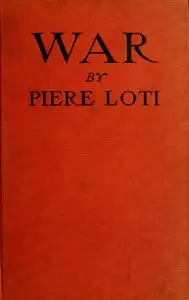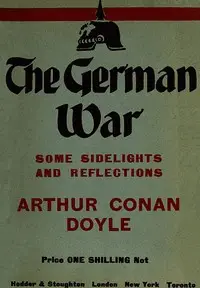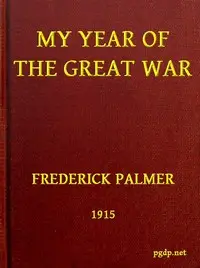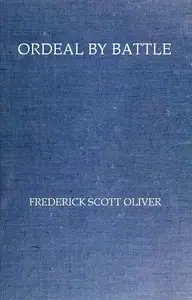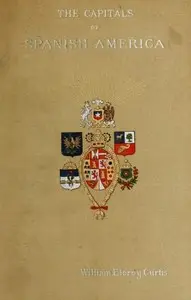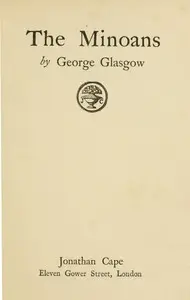"The Drama of Three Hundred & Sixty-Five Days: Scenes in the Great War" penned by Hall Caine, recounts the first year of World War I by capturing the period's emotional and historical moments. Instead of zooming in on one story, the book gives a widespread view of the countries and people mixed up in the war, calling out the Kaiser and Crown Prince of Germany. The story looks at the invisible fight between good and evil, bringing up tough thoughts about fate and choices. Referencing important figures like King Edward, Caine shows the uneasy pre-war talks that hinted at what was coming. He also paints pictures of key people such as the Kaiser, the Crown Prince, and Archduke Ferdinand, figuring out why they did what they did that pushed the world to war. Caine's way of writing catches the wild feelings of a world about to fall apart, suggesting the awful events ahead while highlighting the sad suffering and moral errors that come with war.

The Drama Of Three Hundred & Sixty-Five Days: Scenes In The Great War
By Hall Caine
Witness the clash of nations and the invisible battles of morality as the world plunges into a devastating conflict.
Summary
About the Author Sir Thomas Henry Hall Caine, usually known as Hall Caine, was a British novelist, dramatist, short
story writer, poet and critic of the late 19th and early 20th century. Caine's popularity during his lifetime was unprecedented. He wrote 15 novels on subjects of adultery, divorce, domestic violence, illegitimacy, infanticide, religious bigotry and women's rights, became an international literary celebrity, and sold a total of ten million books. Caine was the most highly paid novelist of his day. The Eternal City is the first novel to have sold over a million copies worldwide. In addition to his books, Caine is the author of more than a dozen plays and was one of the most commercially successful dramatists of his time; many were West End and Broadway productions. Caine adapted seven of his novels for the stage. He collaborated with leading actors and managers, including Wilson Barrett, Viola Allen, Herbert Beerbohm Tree, Louis Napoleon Parker, Mrs Patrick Campbell, George Alexander, and Arthur Collins. Most of Caine's novels were adapted into silent black and white films. A. E. Coleby's 1923 18,454 feet, nineteen-reel film The Prodigal Son became the longest commercially made British film. Alfred Hitchcock's 1929 film The Manxman, is Hitchcock's last silent film.
Sir Thomas Henry Hall Caine, usually known as Hall Caine, was a British novelist, dramatist, short story writer, poet and critic of the late 19th and early 20th century. Caine's popularity during his lifetime was unprecedented. He wrote 15 novels on subjects of adultery, divorce, domestic violence, illegitimacy, infanticide, religious bigotry and women's rights, became an international literary celebrity, and sold a total of ten million books. Caine was the most highly paid novelist of his day. The Eternal City is the first novel to have sold over a million copies worldwide. In addition to his books, Caine is the author of more than a dozen plays and was one of the most commercially successful dramatists of his time; many were West End and Broadway productions. Caine adapted seven of his novels for the stage. He collaborated with leading actors and managers, including Wilson Barrett, Viola Allen, Herbert Beerbohm Tree, Louis Napoleon Parker, Mrs Patrick Campbell, George Alexander, and Arthur Collins. Most of Caine's novels were adapted into silent black and white films. A. E. Coleby's 1923 18,454 feet, nineteen-reel film The Prodigal Son became the longest commercially made British film. Alfred Hitchcock's 1929 film The Manxman, is Hitchcock's last silent film.

